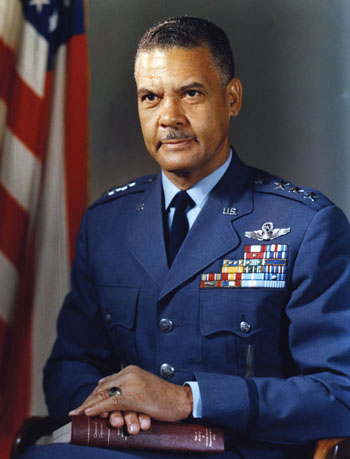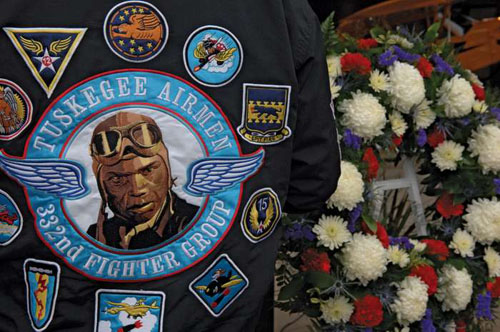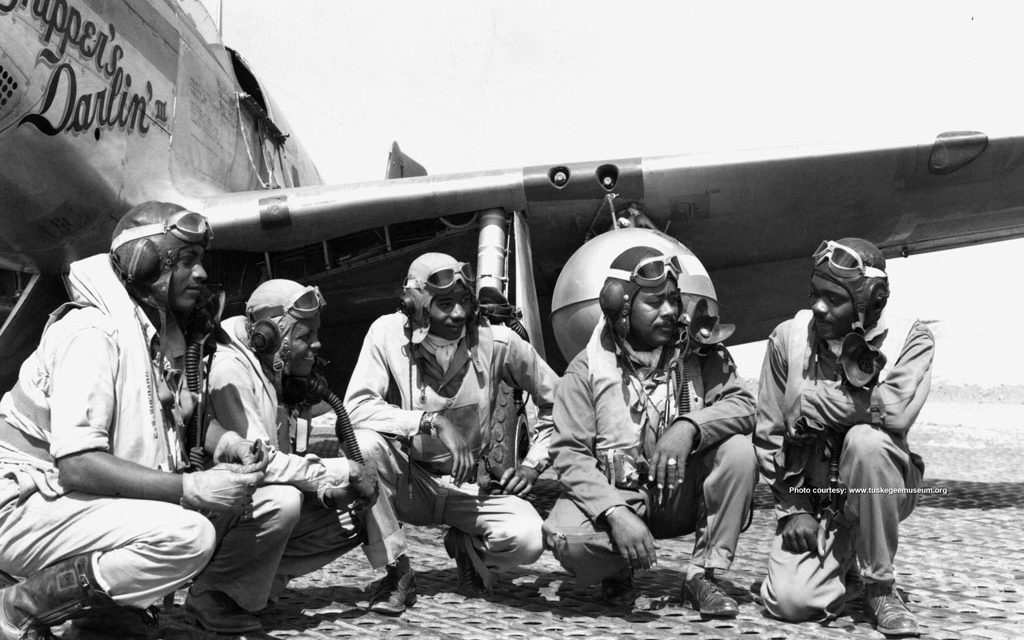by Fonzell Nealy (USAF 1958-1962)
Veterans Officer, Freestone County
In the early 1940s the U.S. ARMED FORCES were strictly segregated. Black men could only serve in separate divisions or be assigned to support roles like cook, kitchen patrol, or grave digging duty. Blacks were prohibited from being pilots; the military command thought they lacked the intelligence and reactions that flying demanded.

In January, 1941 the War Department formed the All-Black 99th Pursuit Squadron of the U.S. ARMY AIR CORPS (Later the U.S. ARMY AIR FORCES), to be trained using single-engine planes at the segregated Tuskegee Army Air Field at Tuskegee, Alabama. The Tuskegee base opened on July 19, 1941 and the first class graduated the following March. Colonel Benjamin Oliver Davis, Jr. became the squadron’s commander.

The Tuskegee Airmen received further training in French Morocco before their first mission on June 2, 1943, a strafing attack on Pantelleria Island, an Italian Island in the Mediterranean Sea. Later that year the army activated three more squadrons that, joined in 1944 by the 99th, constituted the 332”d Fighter Group. It fought in the European theatre and was noted as one of the ARMY AIR FORCES’ most successful and most decorated escort groups. On many occasions bomber squadron commanders would specifically ask for the Tuskegee Airmen to escort them on bombing missions over Germany.
Altogether, 992 pilots graduated from the Tuskegee Air Field courses, and they flew 4,578 missions and 15,533 sorties, destroyed 261 enemy aircraft, and won more than 850 medals. Colonel Davis remained in the air force after the war and later attained the rank of Lieutenant General (3 stars).
The Tuskegee Airmen were awarded the Congressional Gold Medal on March 29, 2007. One of the men honored during the coin toss before the last NFL SUPER BOWL was 100-year-old retired Air Force Colonel Charles McGee, a former Tuskegee Airman.





